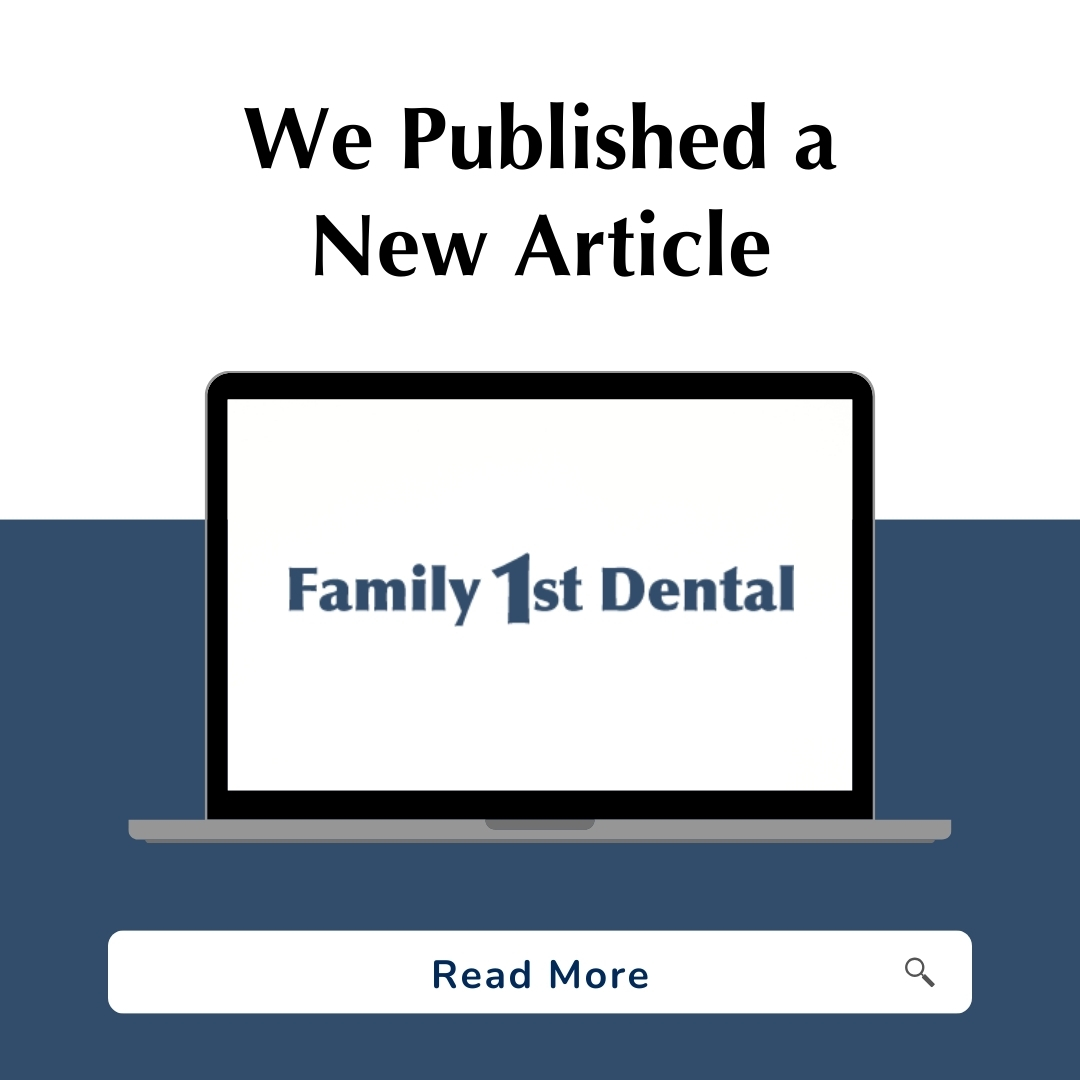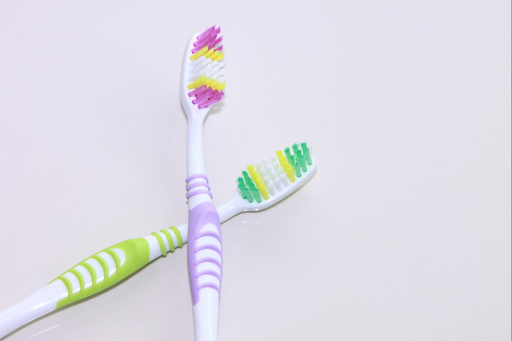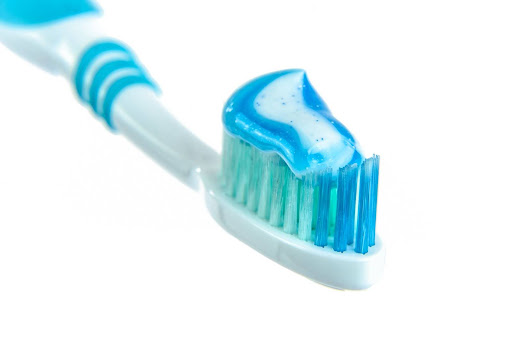
In the contemporary landscape of dentistry, technological advancements have ushered in a new era of treating tooth decay. At Family 1st Dental in Creighton, we embrace these innovations, recognizing their transformative impact on diagnosis and treatment processes. Through cutting-edge dental technology, we’re revolutionizing the way we address dental issues, offering enhanced precision, efficiency, and patient care.
Tooth decay, a prevalent concern affecting millions worldwide, stems from bacterial activity fueled by sugars and starches in the mouth. These bacteria generate acid, corroding tooth enamel and precipitating cavities and related complications, such as pain, infections, and tooth loss. However, with the advent of dental technology, dentists now possess powerful tools to combat tooth decay with unprecedented efficacy.
Advanced imaging technology stands at the forefront of this revolution, enabling dentists to capture detailed, comprehensive images of the oral cavity, encompassing teeth, gums, and jaw structures. This high-resolution imagery empowers dentists to detect tooth decay in its nascent stages, facilitating timely intervention and preventive measures. Furthermore, advanced imaging facilitates the identification of concealed cavities and underlying issues, ensuring thorough and accurate diagnoses.
Laser technology emerges as another indispensable asset in our arsenal against tooth decay. Capable of precisely targeting enamel decay and treating gum disease, lasers offer a minimally invasive alternative to traditional interventions. From teeth whitening and plaque removal to tooth reshaping, lasers afford versatility and efficacy in addressing various oral health concerns, augmenting patient comfort and outcomes.
Moreover, digital tools have revolutionized the realm of personalized dental care, enabling the design and fabrication of bespoke dental appliances tailored to individual patient needs. Whether crafting crowns, bridges, or dentures, our digital workflows ensure optimal fit, comfort, and functionality, enhancing treatment efficacy and patient satisfaction.
In essence, dental technology has catalyzed a paradigm shift in the approach to treating tooth decay, empowering dentists at Family 1st Dental in Creighton to deliver superior care with unprecedented precision and efficiency. Through the seamless integration of advanced imaging, laser technology, and digital workflows, we’re advancing the standard of dental care, ensuring optimal outcomes and patient well-being. Join us in embracing the future of dentistry, where innovation meets excellence in dental health. Contact us today to embark on your journey towards a healthier, brighter smile.
Family 1st Dental of Creighton
Phone: (402) 358-3484
Url: https://www.ffdcreighton.com/
615 Main Street
Creighton, NE 68729












